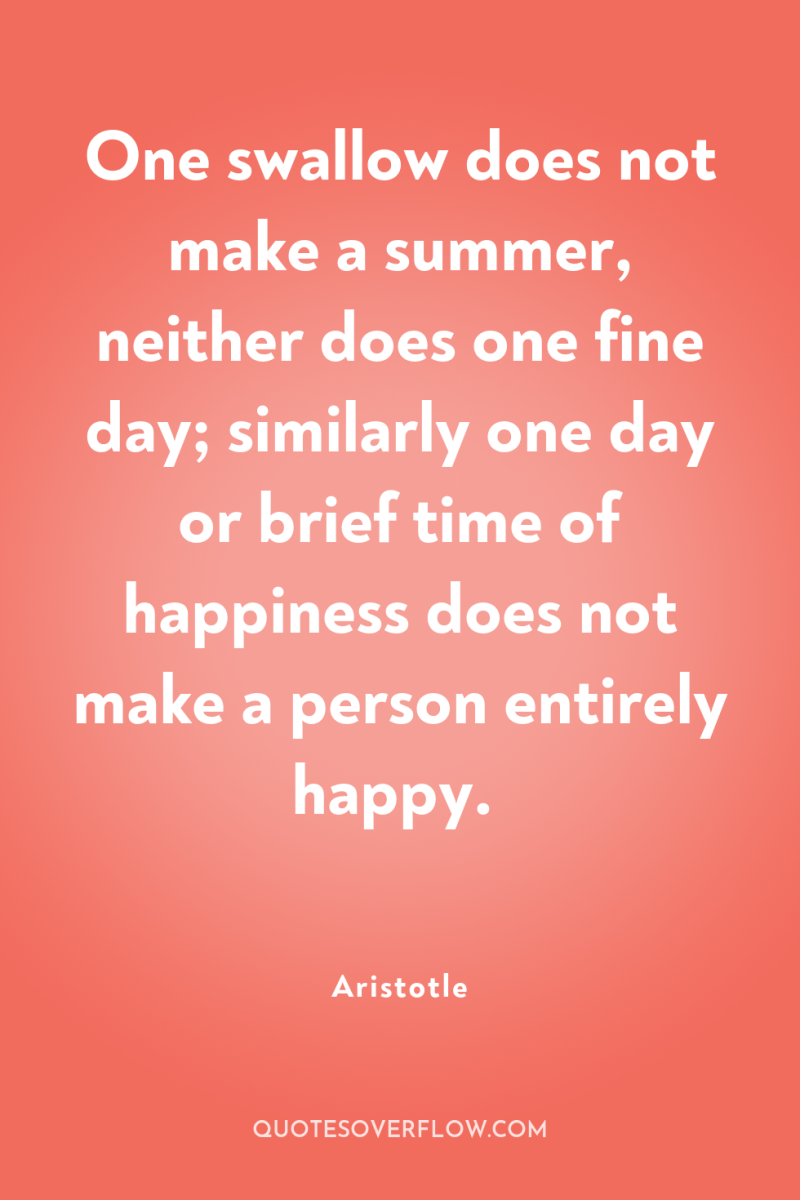
1
One swallow does not make a summer, neither does one fine day; similarly one day or brief time of happiness does not make a person entirely happy.Aristotle
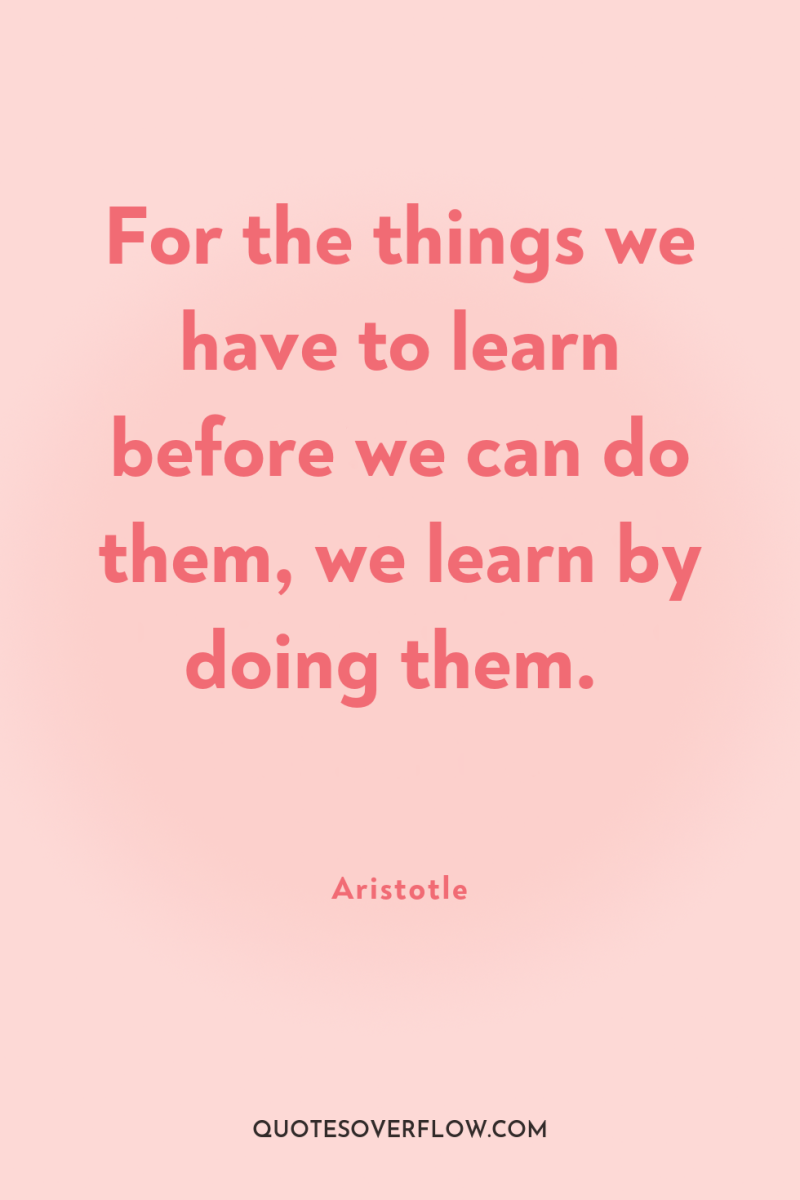
2
For the things we have to learn before we can do them, we learn by doing them.Aristotle
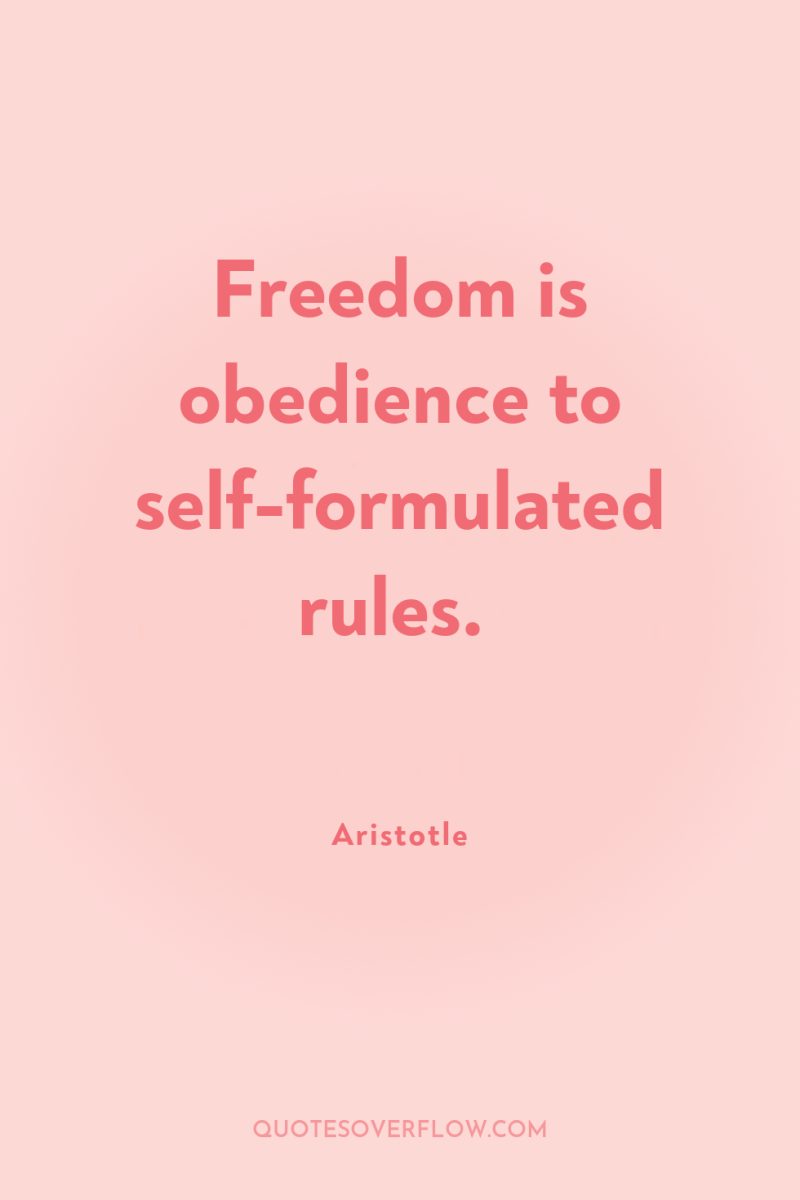
3
Freedom is obedience to self-formulated rules.Aristotle
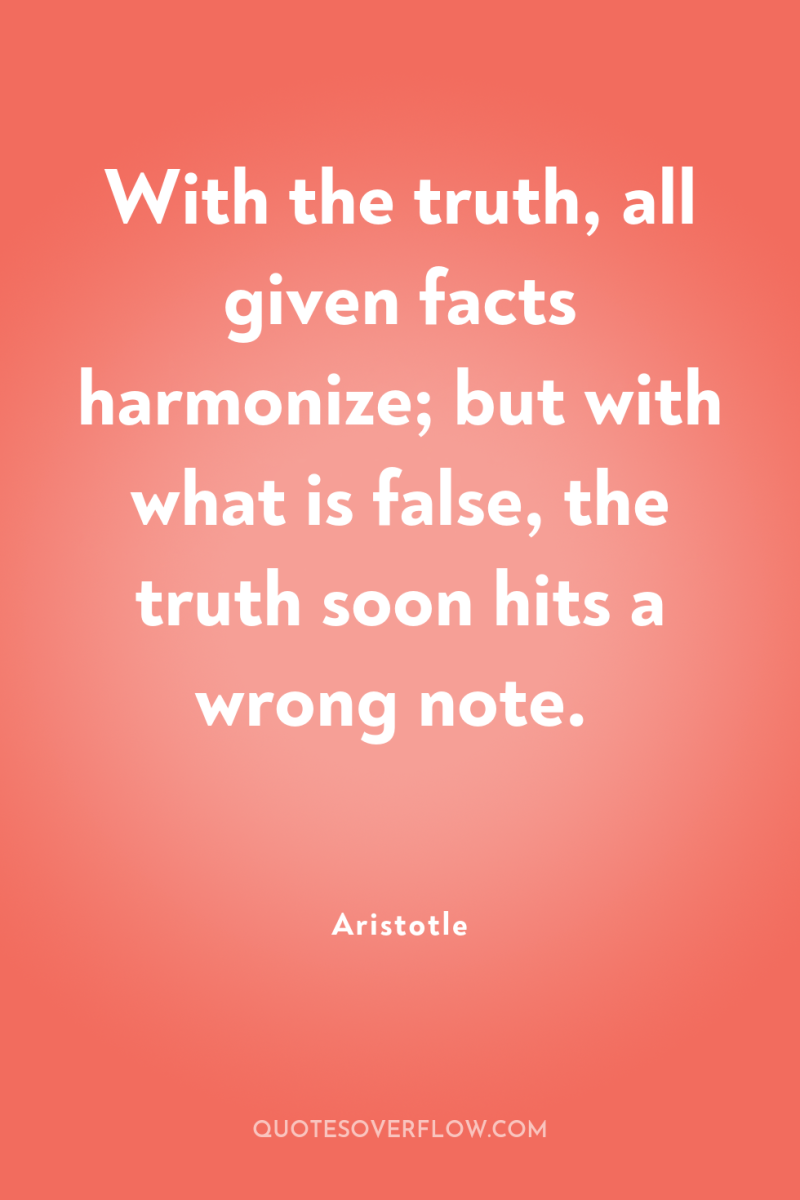
4
With the truth, all given facts harmonize; but with what is false, the truth soon hits a wrong note.Aristotle
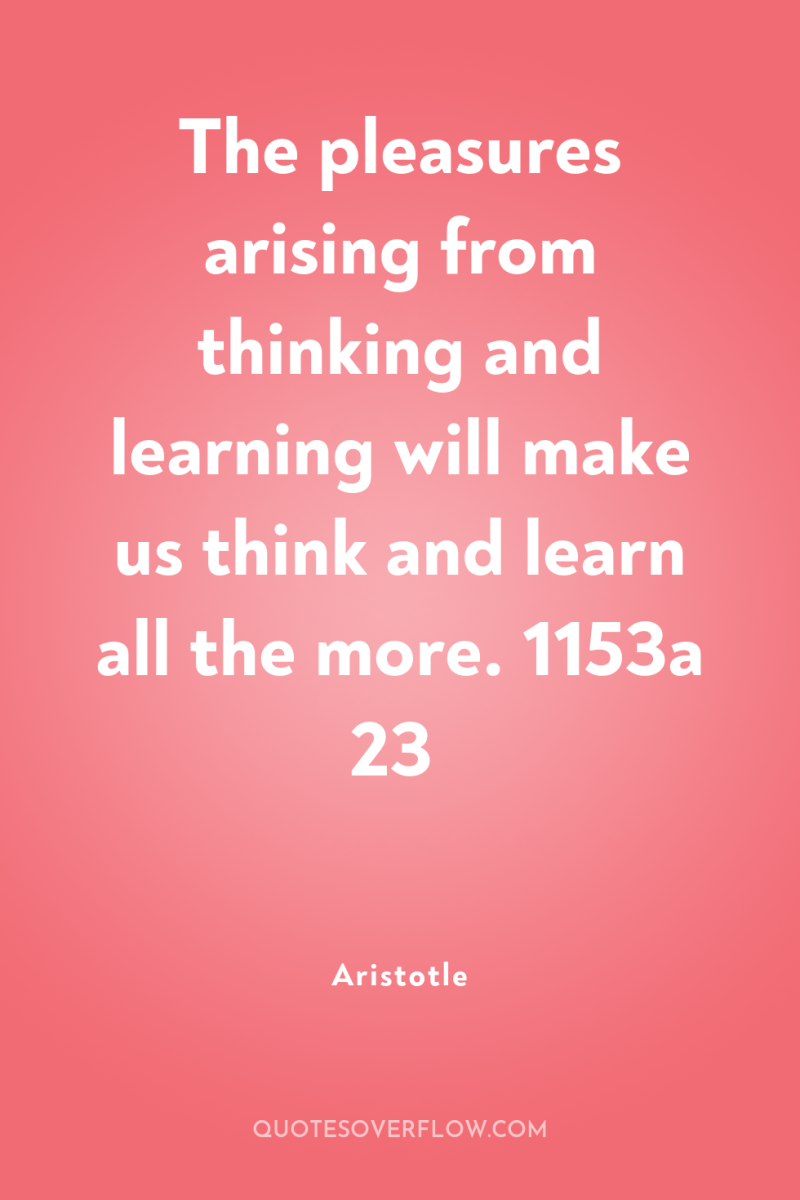
5
The pleasures arising from thinking and learning will make us think and learn all the more. 1153a 23Aristotle

6
Without friends, no one would want to live, even if he had all other goods.Aristotle
7
What is evil neither can nor should be loved; for it is not one’s duty to be a lover of evil or to become like what is bad; and we have said that like is dear to like. Must the friendship, then, be forthwith broken off? Or is this not so in all cases, but only when one’s friends are incurable in their wickedness? If they are capable of being reformed one should rather come to the assistance of their character or their property, inasmuch as this is better and more characteristic of friendship. But a man who breaks off such a friendship would seem to be doing nothing strange; for it was not to a man of this sort that he was a friend; when his friend changed, therefore, and he is unable to save him, he gives him up.Aristotle
8
For he who lives as passion directs will not hear argument that dissuades him, nor understand it if he does; and how can we persuade one in such a state to change his ways?Aristotle
9
Hence a young man is not a proper hearer of lectures on political science; for he is inexperienced in the actions that occur in life, but its discussions start from these and are about these; and, further, since he tends to follow his passions, his study will be vain and unprofitable, because the end aimed at is not knowledge but action. And it makes no difference whether he is young in years or youthful in character; the defect does not depend on time, but on his living, and pursuing each successive object, as passion directs. For to such persons, as to the incontinent, knowledge brings no profit; but to those who desire and act in accordance with a rational principle knowledge about such matters will be of great benefit.Aristotle
10
Nor is he liberal who gives with pain; for he would prefer the wealth to the noble act, and this is not characteristic of a liberal man. But no more will the liberal man take from wrong sources; for such taking is not characteristic of the man who sets no store by wealth.Aristotle
11
It is well said, then, that it is by doing just acts that the just man is produced, and by doing temperate acts the temperate man; without doing these no one would have even a prospect of becoming good.Aristotle
12
We must not listen to those who advise us 'being men to think human thoughts, and being mortal to think mortal thoughts' but must put on immortality as much as possible and strain every nerve to live according to that best part of us, which, being small in bulk, yet much more in its power and honour surpasses all else.Aristotle
13
A man without regrets cannot be cured.Aristotle
14
One can with but moderate possessions do what one ought.Aristotle
15
Life in accordance with intellect is best and pleasantest, since this, more than anything else, constitutes humanity.Aristotle
16
Happiness seems to depend on leisure, because we work to have leisure, and wage war to live in peace.Aristotle
17
Neither by nature, then, nor contrary to nature do the virtues arise in us; rather we are adapted by nature to receive them, and are made perfect by habit.Aristotle
18
Now to exert oneself and work for the sake of amusement seems silly and utterly childish. But to amuse oneself in order that one may exert oneself, as Anacharsis puts it, seems right; for amusement is a sort of relaxation, and we need relaxation because we cannot work continuously. Relaxation, then, is not an end; for it is taken for the sake of activity.Aristotle
19
These virtues are formed in man by his doing the actions ... The good of man is a working of the soul in the way of excellence in a complete life.Aristotle
20
The happy life is thought to be one of excellence; now an excellent life requires exertion, and does not consist in amusement. If Eudaimonia, or happiness, is activity in accordance with excellence, it is reasonable that it should be in accordance with the highest excellence; and this will be that of the best thing in us.Aristotle
21
The beginning seems to be more than half of the whole.Aristotle
22
Virtue lies in our power, and similarly so does vice; because where it is in our power to act, it is also in our power not to act...Aristotle
23
To amuse oneself in order that one may exert oneself, as Anacharsis puts it, seems right; for amusement is a sort of relaxation, and we need relaxation because we cannot work continuously.Aristotle